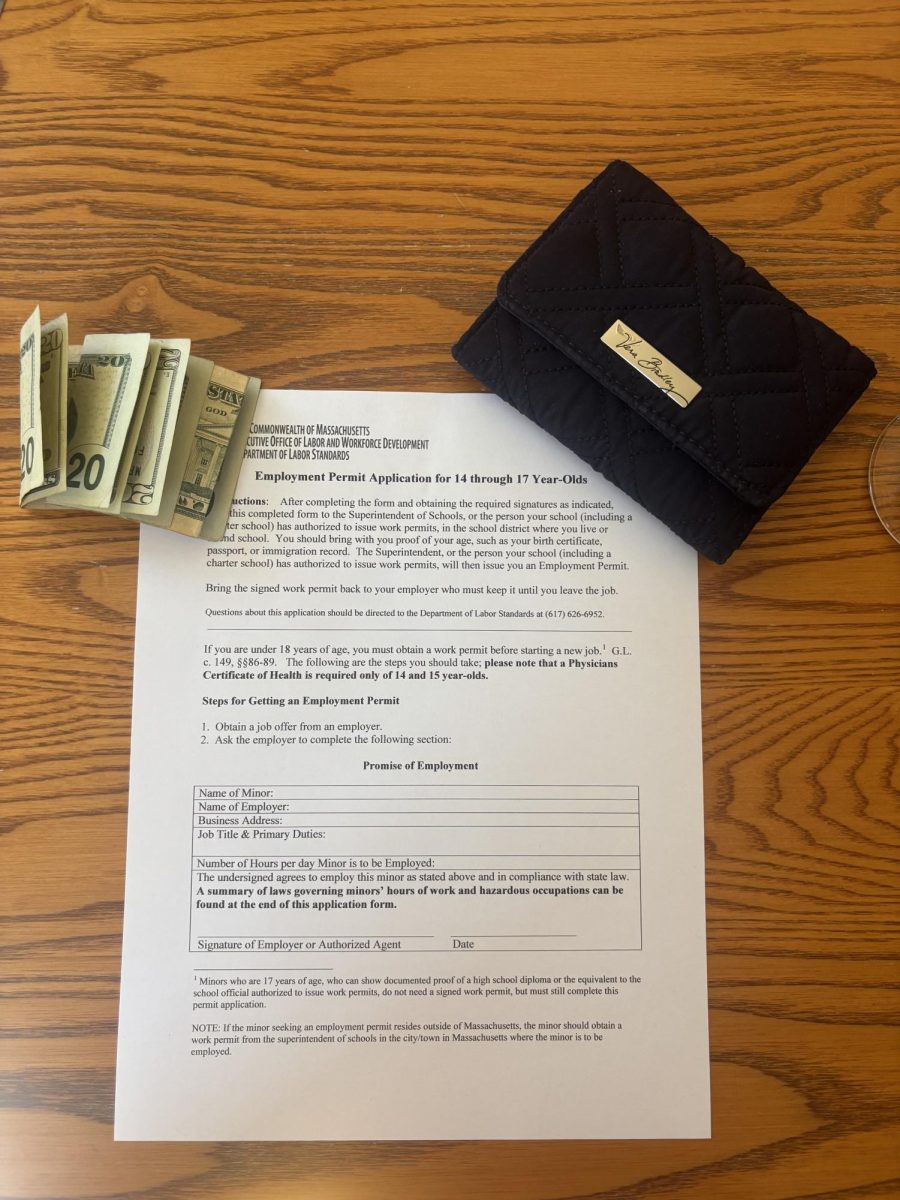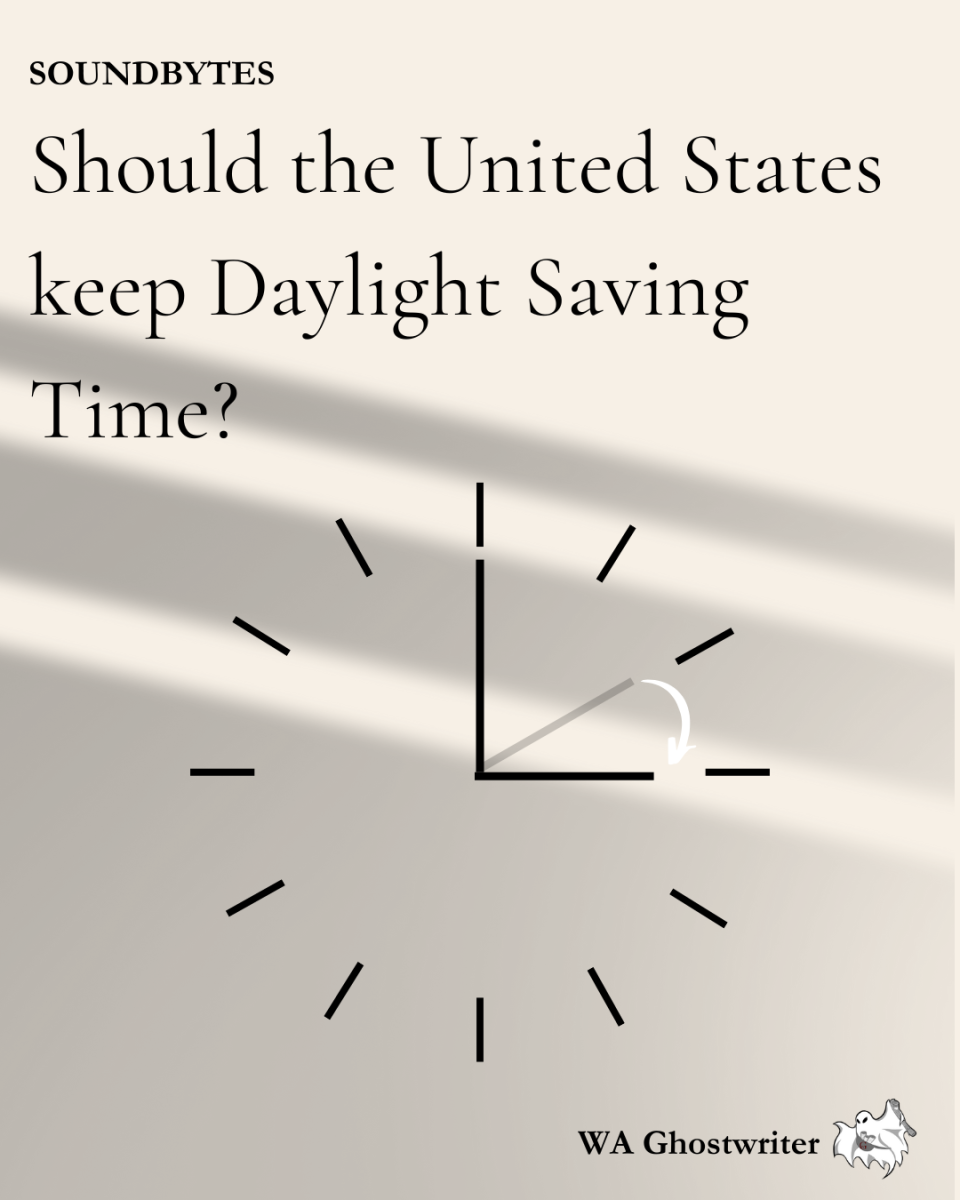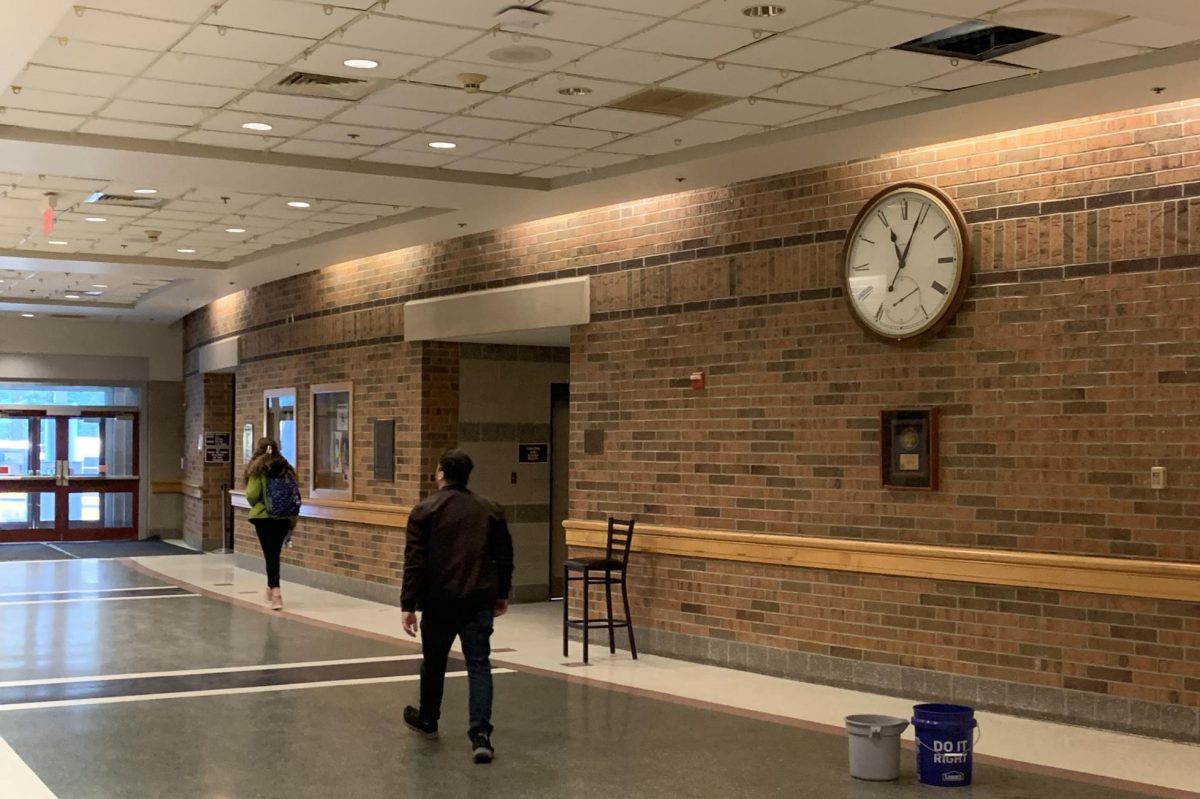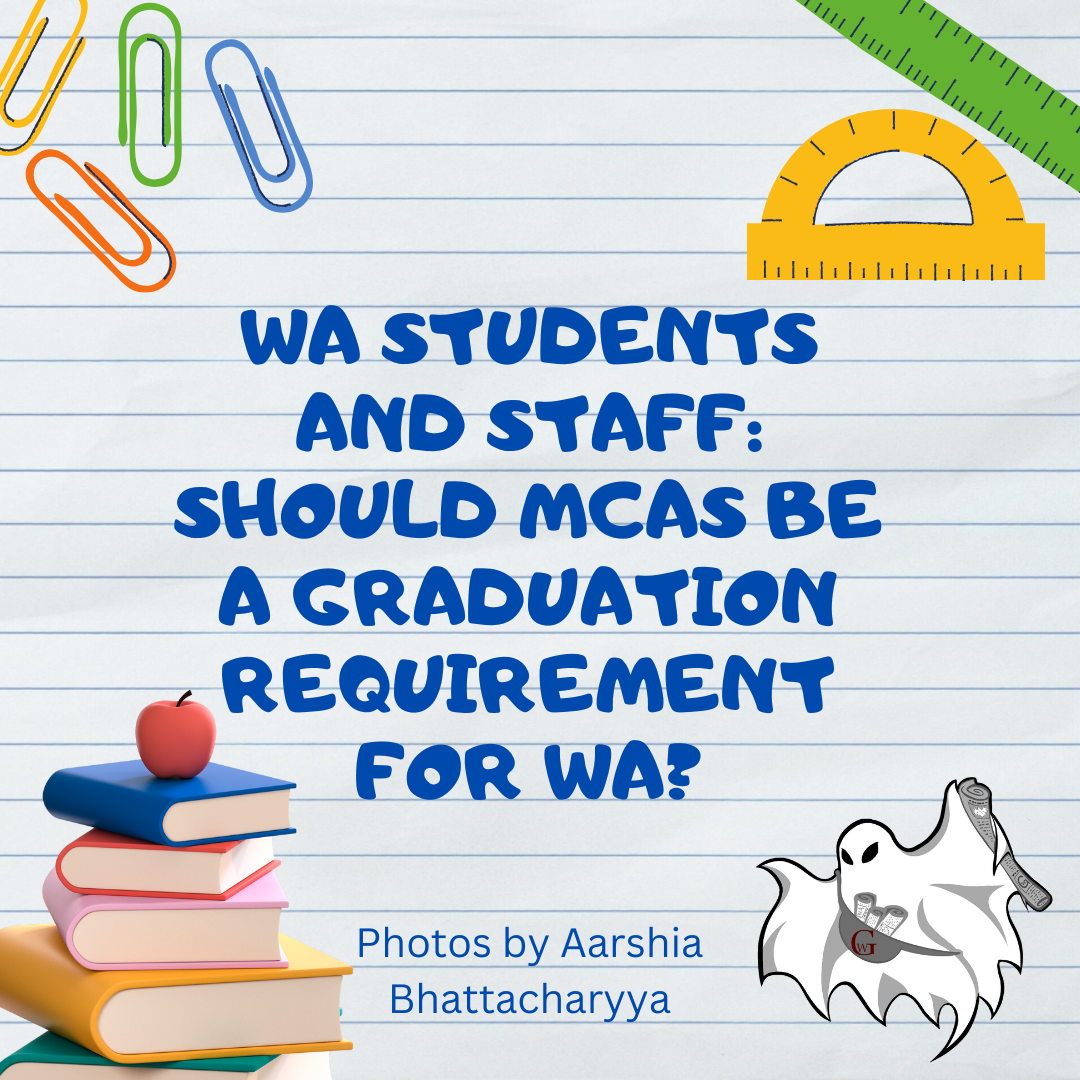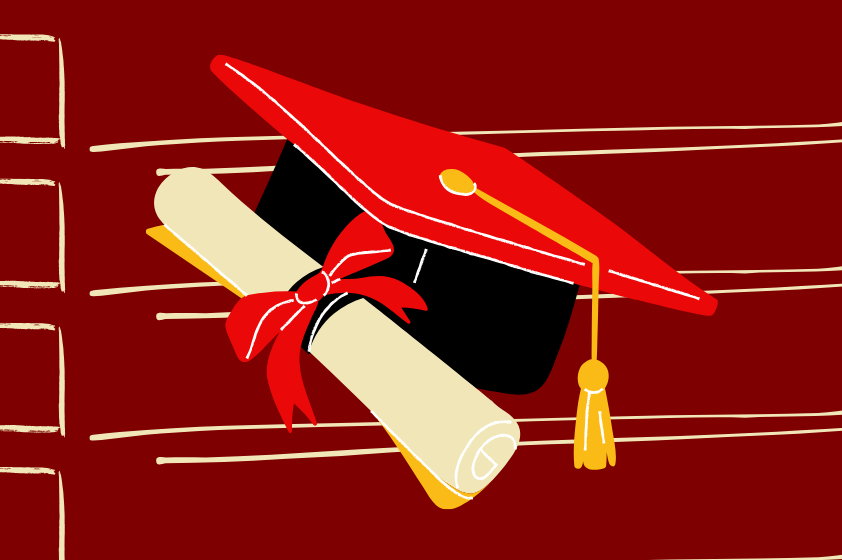When faced with the consequences of cheating, students may feel a plethora of emotions: embarrassment, fear, and hopefully, remorse. While responding in denial, to themselves, their teachers, and parents, is often their first impulse, when the dust settles, all they can really do is learn from their mistakes and accept the consequences. Very rarely do they pursue ways to avoid punishment or prove they are in the right—let alone sue the school. However, a recent case of unauthorized AI use has displayed the ways that toxic academic culture has pushed students to justify cheating, even if that means taking a classroom dispute to district court.
In Hingham, MA, the academic toxicity of the present day culminated in a civil lawsuit against Hingham High School after a student received a D on a project as a consequence for using the AI tool Grammarly to write his draft. Worried at his chances of getting into a good college given this grade, as well as his acceptance into the National Honor Society, the parents of the student decided to sue the school on the premise that the AI guidelines at Hingham High School were not clearly laid out.
While a federal judge denied the parents’ plea to immediately raise the student’s final class grade from a C+ to a B in a preliminary injunction on Nov. 22, the parents plan on continuing the case. Beyond the case’s focus on AI use in the classroom, the parents’ persistence in this case highlights the current academic mindset, in which people are willing to do anything in order to prevent failure, even support cheating. Although the student ended the course with a passing grade, the parents still decided to sue the school, worried at their child’s reduced chances of getting into an elite university.
After hearing about the case, I can’t help but think about WA’s own academic culture, where the pressure of getting good grades leaves little room for growth or the genuine pursuit and love of learning. The student in question, described as an otherwise straight A student with a perfect ACT score who also happens to be a varsity athlete, seems perfect in every way—he reflects the ideal student, someone who a major part of WA’s student population strives to be. And yet, in striving to meet this ideal, many students have found themselves resorting to cheating and plagiarizing just to keep up. In doing so, they compromise their academic integrity for a grade, and find ways to convince themselves they are in the right.
This begs the question of whether the pressures of being a straight-A student were what pushed him to ultimately cheat using AI in the first place, or if he felt overwhelmed by the project and wanted to take the easy way out.
Whatever the case may be, it still does not excuse the fact that this student used Grammarly for his research notes and draft without citing it as his source of information. Seeing this student’s parents bring this issue to court, I can’t help but think about the society we live in today, in which students and adults believe cheating is somehow okay as long as you receive a good grade. It is as if failing, or receiving a bad grade, for an assignment you clearly cheated on is somehow unfair. At the root of this is the fear of failure; the blindness to reality, and the inability to accept the consequences as they are.
However, people need to realize that failing is okay and a good grade isn’t a good grade if you did not earn it on your own merit. The perfect score is meaningless, unless you worked hard to understand the concepts you are learning at hand. Realistically, one bad grade usually does not affect your entire class grade as much as you might think, nor will it determine your future success and the career you wish to pursue. Everybody fails sometimes, and that is okay. All we can really do is learn from our mistakes and move on.
While it is understandable how the student and his parents may feel upset over his failing grade on a project, going so far as to push back against the school’s punishment and sue the school is taking the issue too far. By bringing the student’s potential problems in applying to college to court and presenting it as a case, the student’s parents are undermining the fair judgement of the student’s high school and setting a precedent of taking legal action over an unappealing grade. So blinded by their determination to enroll their son into a good college, they fail to realize how ridiculous it is to spend so much time and money on a case where their son clearly plagiarized. Never mind that this case brings more attention to colleges that this student cheated, it also displays that he wholeheartedly believes his actions were acceptable.
If the student strongly believed it was okay to use AI for his research notes, he should have asked his teacher whether AI was allowed in the first place. By maintaining a level of secrecy about his use of AI from the very beginning, he proved he had doubts about whether writing his research notes with AI was ethical. While the student handbook may not have mentioned AI, using work that is not your own, such as in this case, was explicitly stated to be cheating in the handbook.
Still, this student does raise an important point about AI use in classrooms, illustrating the necessity of schools to update their student handbooks with clear AI guidelines. WA’s recent update of the student handbook at the beginning of the school year is a perfect example of how to best handle the rising issue of AI in the classroom early on. By amending the student handbook to allow AI in classroom assignments if permitted by a teacher, as well as creating AI guidelines for students to follow, WA has taken an important step in ensuring transparency between teachers and students amidst a time of constantly evolving technology.
Surrounded by driven students, it can often be easy to lose track of our own sense of self worth. But while we cannot control the environment around us, we do have the power to make our own choices, and change our own mindsets. AI has become an inevitable part of our world, but the way in which we choose to use it is really up to us. The Hingham AI case is a reminder of the importance in maintaining one’s integrity and accepting failure—in essence, being the better person, no matter the situation. Instead of fueling the academic toxicity by comparing ourselves to the people around us, we should work together to facilitate a more supportive environment, knowing that we are all working to succeed. Once we begin changing our mindsets, we can begin changing our school’s academic environment, one person at a time.



